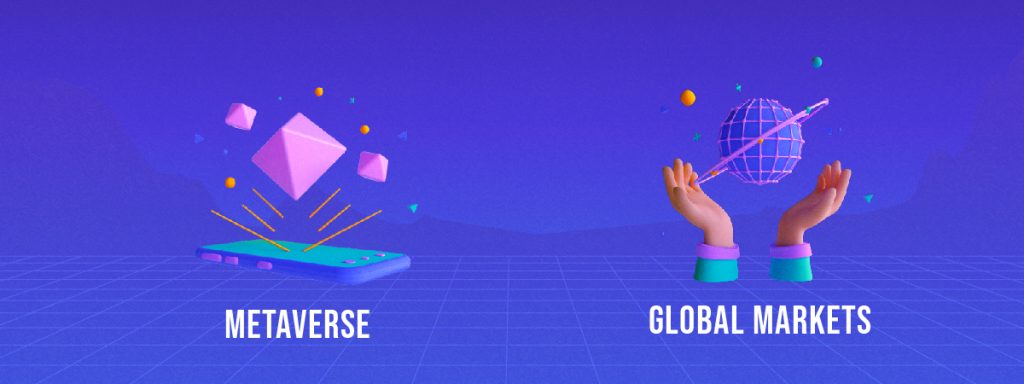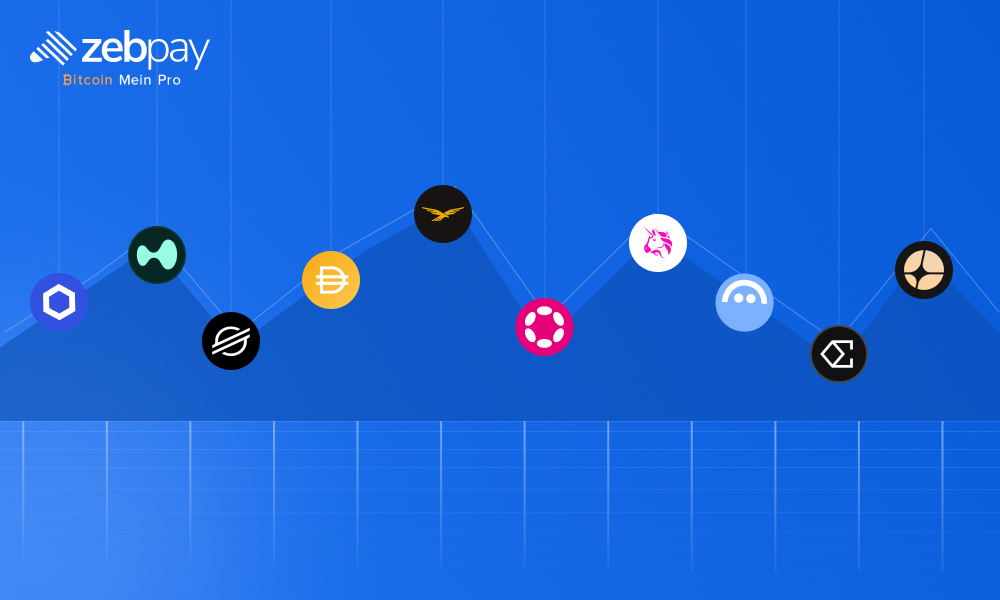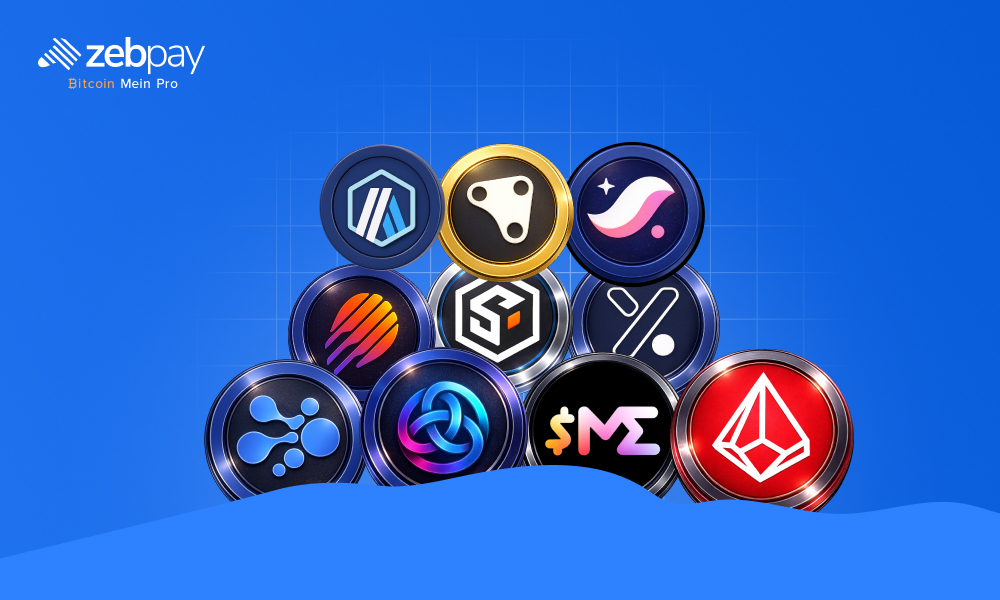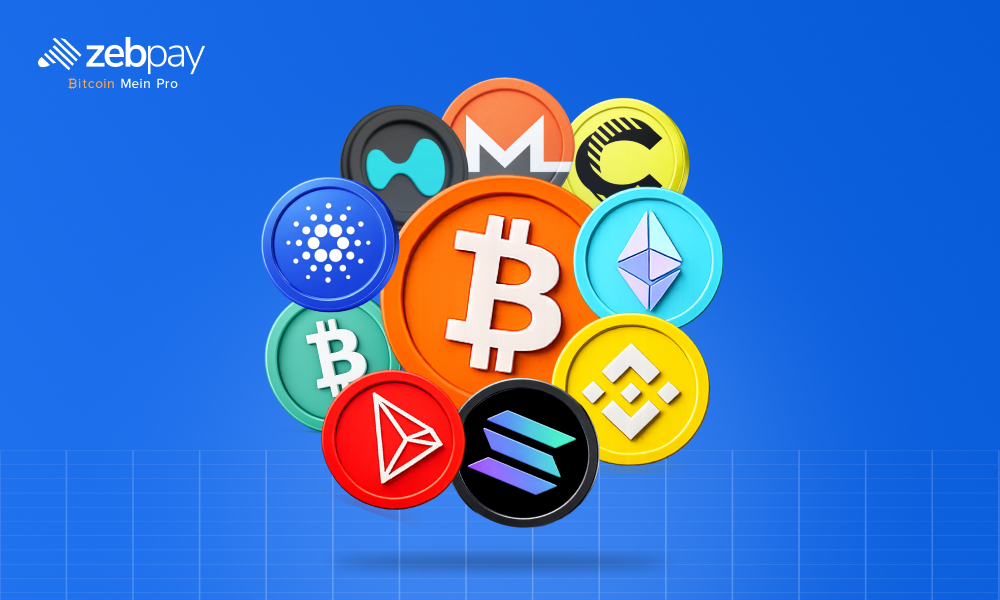Introduction
In recent years, the concept of the metaverse has garnered significant attention, capturing the imagination of both technologists and the general public alike. A metaverse refers to a virtual universe, a digital realm where people can interact with each other and digital objects in real time. Beyond being a mere concept, the metaverse is now becoming a tangible reality, and its emergence is set to reshape the global economy. In this blog post, we will delve into the rise of the metaverse economy and explore its impact on global markets.
What is the Metaverse?
The metaverse is an immersive digital space where users can engage in various activities, including social interactions, entertainment, commerce, and even work. It combines virtual reality (VR), augmented reality (AR), and other technologies to create a seamless and interactive environment. Imagine a world where you can attend virtual concerts, visit virtual stores, or collaborate with colleagues from different parts of the world, all without leaving your physical location.
Read more: Metaverse vs Virtual Reality
The Metaverse and Global Markets

The metaverse has the potential to revolutionize the global markets in several ways. Let’s take a closer look at its impact:
E-Commerce and Retail
Traditional e-commerce has already transformed the retail industry, but the metaverse takes it to a whole new level. Virtual stores within the metaverse allow customers to browse and purchase products in a highly immersive and interactive manner. Brands can create virtual showrooms, allowing customers to visualize products and even try them virtually. This opens up new opportunities for retailers to engage with consumers and expand their reach beyond geographical boundaries.
Read more: Metaverse is Transforming E-commerce
Crypto Tokens and other Virtual Digital Assets
The metaverse provides a platform for the creation and exchange of digital assets. These assets can range from virtual real estate and unique virtual items to digital art and collectables. Blockchain technology enables secure ownership and transactions, giving rise to a thriving market for non fungible tokens (NFTs). The metaverse economy provides a fertile ground for the growth of crypto assets, which can be used for virtual transactions, investments, and even as a medium of exchange within the metaverse.
Entertainment and Media
The entertainment industry is already embracing the metaverse with virtual concerts, immersive gaming experiences, and interactive storytelling. The metaverse enables content creators and artists to engage directly with their audiences, blurring the lines between creators and consumers. This shift has significant implications for the global media landscape, as the metaverse becomes a new channel for content distribution, monetization, and fan engagement.
Read more: How to Make Money in Metaverse
Remote Work and Collaboration
The COVID-19 pandemic accelerated the adoption of remote work, but the metaverse could take it a step further. Imagine working in a virtual office space, collaborating with colleagues through avatars, attending virtual conferences and meetings, and accessing a global talent pool without the limitations of physical proximity. The metaverse has the potential to redefine work-life balance and transform how businesses operate on a global scale.
Read more: Future of the Metaverse
Conclusion
The metaverse economy is on the rise, and its impact on global markets cannot be ignored. From e-commerce and retail to digital assets and entertainment, the metaverse offers new opportunities and challenges for businesses and consumers alike. As the technology continues to evolve, it will be crucial for regulators, businesses, and society at large to navigate the metaverse landscape responsibly and ethically. The metaverse is poised to reshape our world and those who embrace its potential stand to benefit from the exciting possibilities it presents.
Visit ZebPay blogs to stay up to date about the latest crypto news. Join the millions of traders already using ZebPay.






